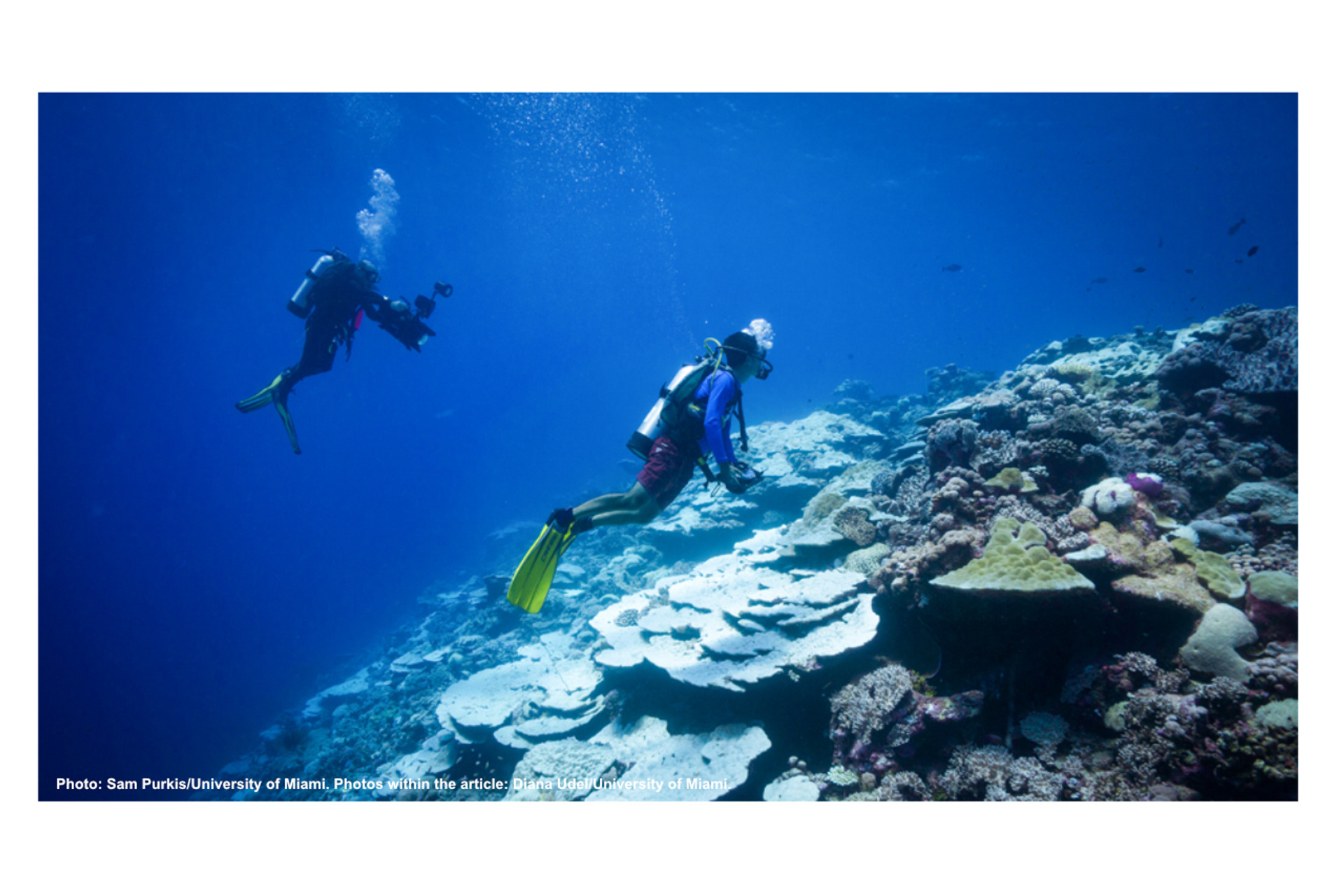Researchers trace the health of coral reefs through tiny organisms

Researchers at Cox Science Center are dedicating their time to analyzing foraminifera, or forams, microscopic single-celled organisms that inhabit tiny shells known as "tests." By meticulously studying the remains of forams extracted from 2,500 samples taken from reefs worldwide, the team aims to gain insights into the history and well-being of coral reefs. Given the challenges faced by coral reefs in the face of rapid environmental changes, forams might serve as indicators of the overall health and potential for restoration of these vital marine ecosystems. The study seeks to distinguish between reefs that have been naturally unhealthy for an extended period and those that were once healthy but impacted by human activities. This differentiation could guide conservation efforts, identifying reefs with higher potential for recovery.
The research team, led by Sam Purkis and Alex Humphreys, is utilizing foraminifera (forams) as a unique bioindicator to assess the historical health of coral reefs. With a focus on forams, which have been present in the ocean for the last 500 million years, the researchers can estimate the well-being of reefs dating back much further than the typical 50-year scope of most reef studies. The team aims to create a global database of tropical ocean forams, leveraging the comprehensive insights these microscopic organisms offer into the ocean's chemistry, the impact of high temperatures, stressors on reefs, and the influence of human activities. The project, funded by the National Science Foundation, is anticipated to run until 2024. Undergraduate marine science students play a crucial role in the labor-intensive task of identifying forams from collected samples.
Students are engaged in meticulous work as they use small brushes and microscopes to pick out 200 individual foram tests from each sediment sample, separating them from sand grains. The isolated forams are then glued onto specialized microscope slides. With the assistance of undergraduate research assistants, Riley Ames and Zachary Adams, the team identifies each test's corresponding genus by referring to guidebooks and reference papers specific to the collection location. This information, along with details about the test quality, is entered into a growing database. The researchers aim to understand more about the health of coral reefs by comparing foram data with various environmental influences on each reef. The project explores why some reefs recover while others disappear, shedding light on the transition of reefs to algae-dominant ecosystems. The time-consuming process of filling a slide with 200 forams can take up to two days, highlighting the need for dedicated students to join the project.
Dedicated students like Khrista Nicholas and Ambar Condori-Boughton, is passionate about contributing to an essential project with far-reaching implications for coral reef conservation. Nicholas, a marine science and biology major, expresses the desire to work on a project that significantly impacts coral reef conservation. Despite the time-intensive nature of the work, students find it rewarding to delve into the microscopic world and acquire valuable skills in sorting, gluing, and identifying forams. Condori-Boughton, a first-year marine science and biology major, highlights the enjoyable atmosphere and the opportunity to learn more about this fascinating topic. Go to Janett Neuwahl Tannen’s article on the Miami EDU News to learn more https://news.miami.edu/stories/2023/12/researchers-trace-the-health-of-coral-reefs-through-tiny-organisms.html